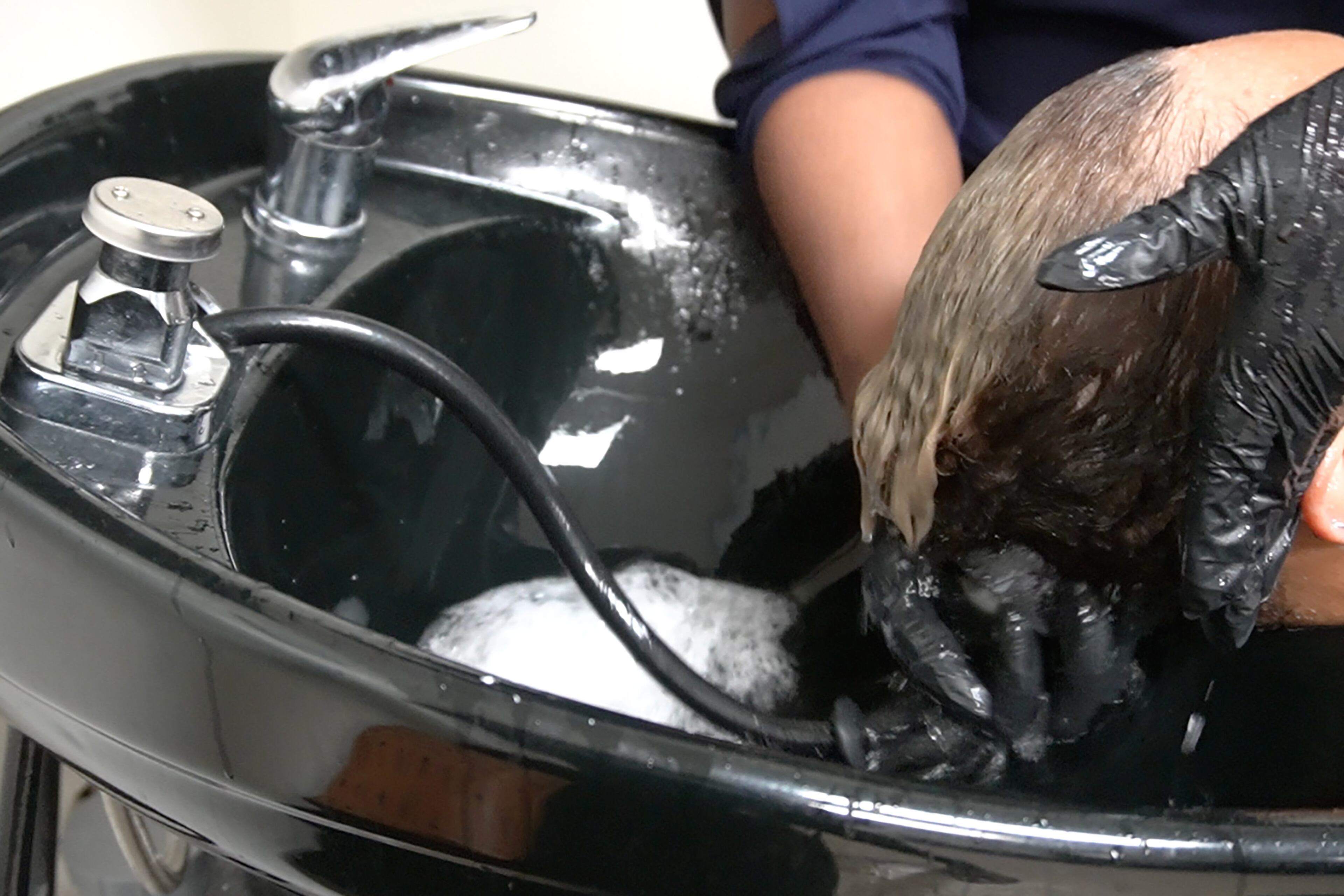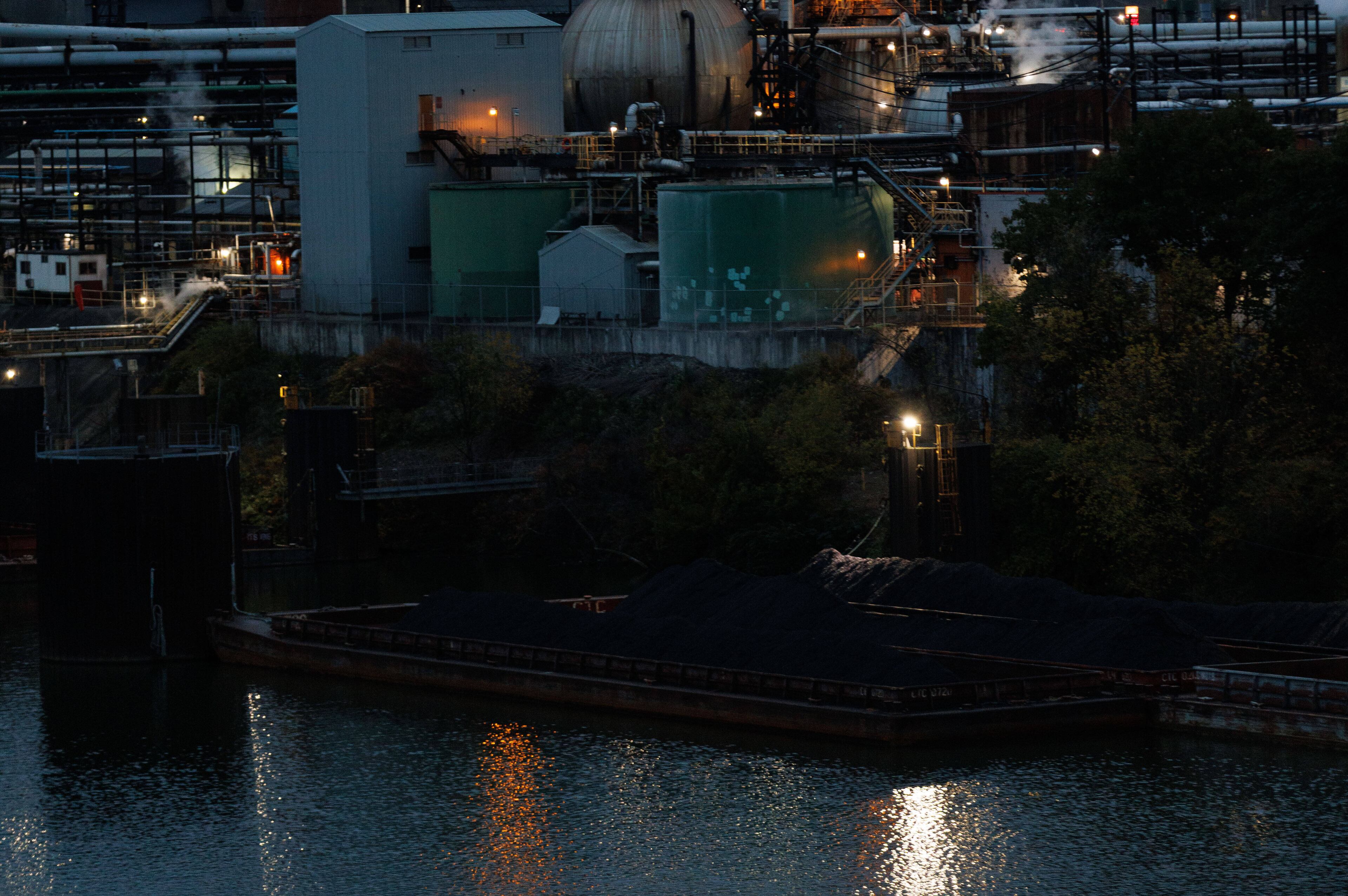Hair relaxer lawsuits protect more than just Black women

Almost 10 years ago, several women filed a lawsuit against SoftSheen-Carson, alleging that the company’s Optimum Amla Legend No-Mix, No-Lye Relaxer left them with burned scalps and bald spots.
The multidistrict lawsuit asked that L’Oréal, which had acquired SoftSheen products in 1998 and Carson products in 2000, face a jury trial for false advertising, unfair competition, consumer fraud and other deceptive business practices. The women also wanted the product removed from shelves.
But a few years later, a judge tossed out many of the claims that had been made against the company.

A lot has changed since then.
In 2022, a study from the National Institutes of Health found that women who reported using hair relaxers, including SoftSheen-Carson products, at least four times per year showed a 150% increased risk of developing uterine cancer.
Suddenly, there was scientific research exploring what many Black women had long feared — the products they were using in their hair might be harming their health.
Now more than 10,000 lawsuits are part of multidistrict litigation against beauty industry giant L’Oréal and other makers of hair relaxers. In Georgia, about 600 women have filed lawsuits in state courts.
While early efforts to hold relaxer manufacturers accountable focused on hair loss, scalp irritations and alopecia, the newest litigation takes it a step further, suggesting that exposure to certain chemicals over time could have a negative impact on women’s hormonal systems.
Last week, the Georgia Supreme Court granted a win to plaintiff Kiara Burroughs, who in her lawsuit blamed hair relaxers for uterine fibroids and other health concerns.
The Georgia Court of Appeals had previously ruled that Burroughs had run out of time to file a product liability claim because she sued more than a decade after her first use of hair relaxers. Other aspects of Burroughs’ case, including negligence and failure to warn, had not been appealed.
Three years after the initial complaint was filed, the Supreme Court ruled that Burroughs could sue for injuries from hair relaxers purchased 10 years before she filed the lawsuit, in this case between 2012 and 2014, but not before that period.
This feels like a win, not just for women concerned about hair relaxers but for any consumer worried about the hidden impact cosmetic and personal care products may be having on their health over time.
So while 90% of the plaintiffs in the hair relaxer cases are Black women, what happens in the courtroom is relevant to all of us.
“This is a landmark victory for all consumers,” said Danielle Ward Mason, the attorney representing Burroughs. “It was an opportunity for the court to take into account the evolution of product liability litigation.”

When I chatted with Mason a few days after the decision, she noted that the cosmetics industry is rife with toxic products.
She reminded me of the 2019 incident when Claire’s Boutique recalled makeup for young girls after federal regulators found it contained asbestos.
I recalled the moment in the mid-1990s when 53,000 women filed a class-action lawsuit against World Rio Corporation, a company that sold a hair relaxer through television infomercials. The women alleged that the product caused burns and hair loss. In 1996, the product was banned, and class members received a $4.5 million settlement.
For three decades now, Black women have been fighting hair relaxer companies. Some companies have quietly phased out hair relaxers, but where are the voluntary recalls and the widespread consumer outrage?
“If I had my bearing, we would be rocketing straight toward trial,” Mason said. “We are up against corporations whose only directive, especially early in litigation, is to delay it as much as possible.”
In response to the recent lawsuits, statements from L’Oréal have maintained the safety of its products. An industry organization that represents 90% of the beauty industry suggested that two decades of scientific research ignored the possibility that obesity and lack of exercise are as much a contributor to the increased incidence of uterine cancer among Black women as might be toxic chemicals in relaxers.
So I’ll be supporting the 10% of the beauty industry that isn’t part of that organization’s membership since blaming the victim seems to be another strategy of corporations involved in these lawsuits.
Even companies that have eliminated hair relaxers from their product lines are not doing so out of care and concern for consumers. They are responding to a market in which demand for relaxers has declined as women change their habits and seek alternatives to chemical relaxers.
“We are wising up generally to the proposition that there are a lot of corporate bad actors that do not have our best interest at heart,” Mason said.
Continued legislation in the hair relaxer case will give consumers much-needed insight into exactly what companies did and didn’t know about the safety of the products they were bringing to market.
That’s a boon to the women filing lawsuits and to the rest of us who are watching.
Read more on the Real Life blog (www.ajc.com/opinion/real-life-blog/) and find Nedra on Facebook (www.facebook.com/AJCRealLifeColumn) and X (@nrhoneajc) or email her at nedra.rhone@ajc.com.



